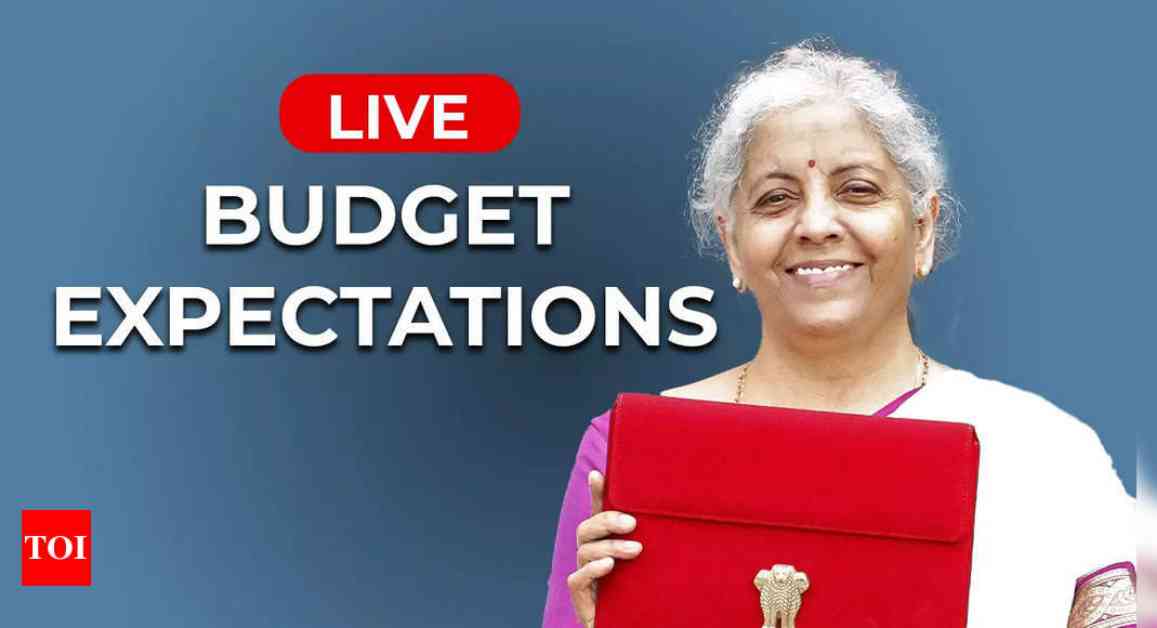Real Estate Sector Awaits Progressive Reforms in Budget 2025
As the country gears up for Budget 2025, the real estate sector is optimistic about the potential for progressive reforms that could benefit both homebuyers and industry stakeholders. This year, the expectations extend beyond the usual demands for single-window clearance and industry status, with a focus on unlocking financial advantages and streamlining project approvals.
The government is urged to consider raising the deduction limit for interest payment on home loans from the current Rs 2 lakh per year to Rs 5 lakh. This increase could inject fresh momentum into the housing sector, making homeownership more accessible to a larger segment of the population. Affordability remains a significant challenge for many potential buyers, highlighting the need for an expanded definition of affordable housing to enhance benefits and stimulate end-user demand.
Interest subsidy schemes for first-time homebuyers could further catalyze sales in the real estate sector, creating a ripple effect of economic activity across various ancillary industries. Calls for tax relief measures, such as a reduction in GST rates and input tax credits on under-construction properties, underscore the industry’s desire for a more conducive business environment.
Expert Insights: Ramani Sastri – Chairman & MD, Sterling Developers Pvt. Ltd.
Ramani Sastri, a prominent figure in the real estate sector, emphasizes the critical role that the upcoming budget plays in shaping the economic landscape. With projections indicating a trillion-dollar market size by 2030, the government’s decisions today will have far-reaching implications for the future of the industry. Sastri’s insights shed light on the interconnectedness of real estate with broader economic indicators, underscoring the need for targeted policy interventions to drive sustainable growth.
Anticipating Policy Measures for NBFCs in Budget 2025
As the Union Budget approaches, stakeholders are looking for policy measures that acknowledge the pivotal role of Non-Banking Financial Companies (NBFCs) in fueling infrastructure growth. These flexible entities have the potential to significantly contribute to infrastructure financing, provided they receive tailored support from the government.
Expectations include announcements on long-term funding mechanisms and credit enhancement programs customized for NBFCs. By reducing borrowing costs and streamlining regulatory guidelines, policymakers can empower NBFCs to channel credit effectively into critical sectors like transportation, energy, and urban development.
Insights from Vikkas Goyal, Founder of Rupee112
Vikkas Goyal’s perspective as a founder in the financial sector offers valuable insights into the challenges and opportunities facing NBFCs. His call for targeted measures to enhance credit flows and reduce operational barriers underscores the importance of creating an enabling environment for these entities to thrive.
Transformative Initiatives Await India’s Travel Sector in Budget 2025
With Budget 2025 on the horizon, the travel sector anticipates a wave of transformative initiatives that could reshape India’s tourism landscape. Emphasis on infrastructure investments, taxation reforms, and sustainable tourism practices could unlock new growth opportunities while preserving the country’s cultural heritage.
Incentives for sustainable tourism and support for local travel initiatives are highlighted as essential components of a holistic strategy to boost the travel sector. By nurturing start-ups, investing in skill enhancement, and promoting domestic tourism, policymakers can cultivate a vibrant ecosystem that benefits both travelers and local communities.
CEO Perspective: Jatinder Paul Singh, Co-founder and CEO of Viacation
Jatinder Paul Singh’s perspective as a CEO in the travel sector offers a nuanced view of the industry’s expectations from Budget 2025. His insights underscore the need for targeted interventions that foster sustainable growth, empower local communities, and position India as a premier travel destination on the global stage. Singh’s emphasis on skill development and service quality reflects a commitment to excellence and innovation in the travel sector.























